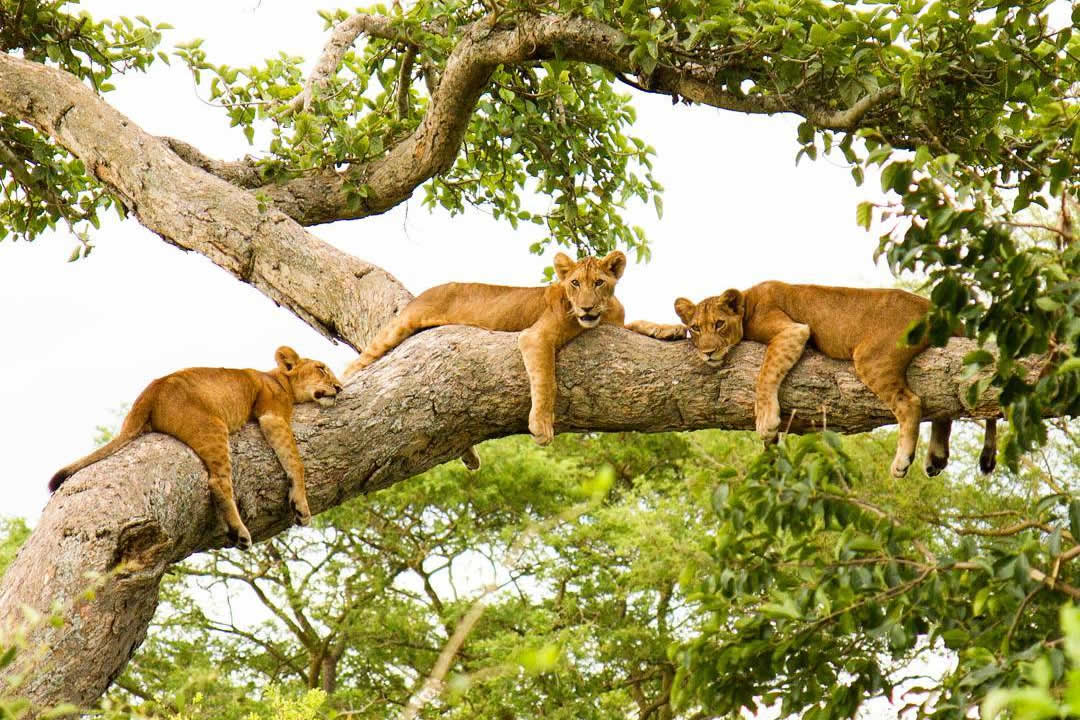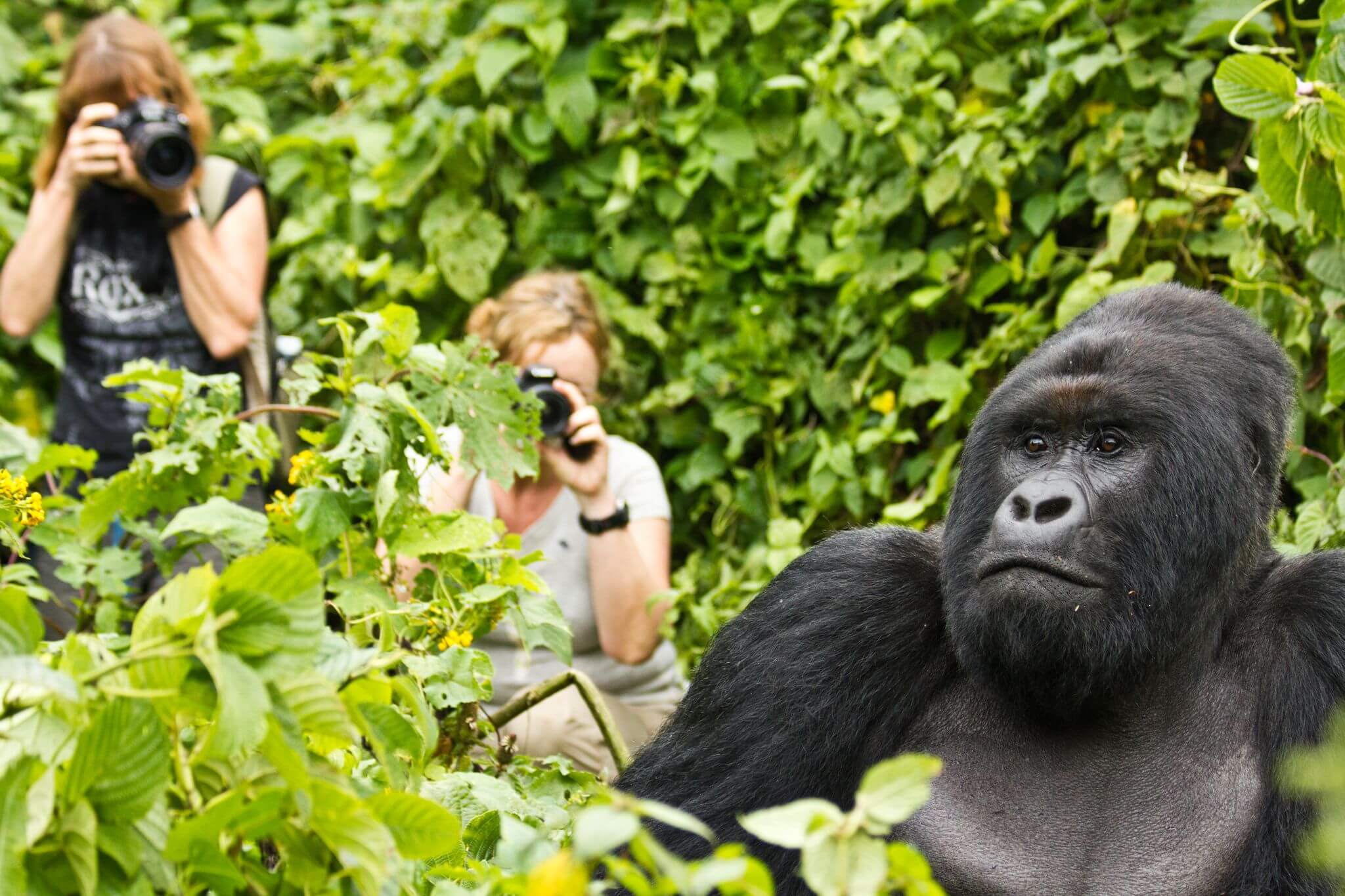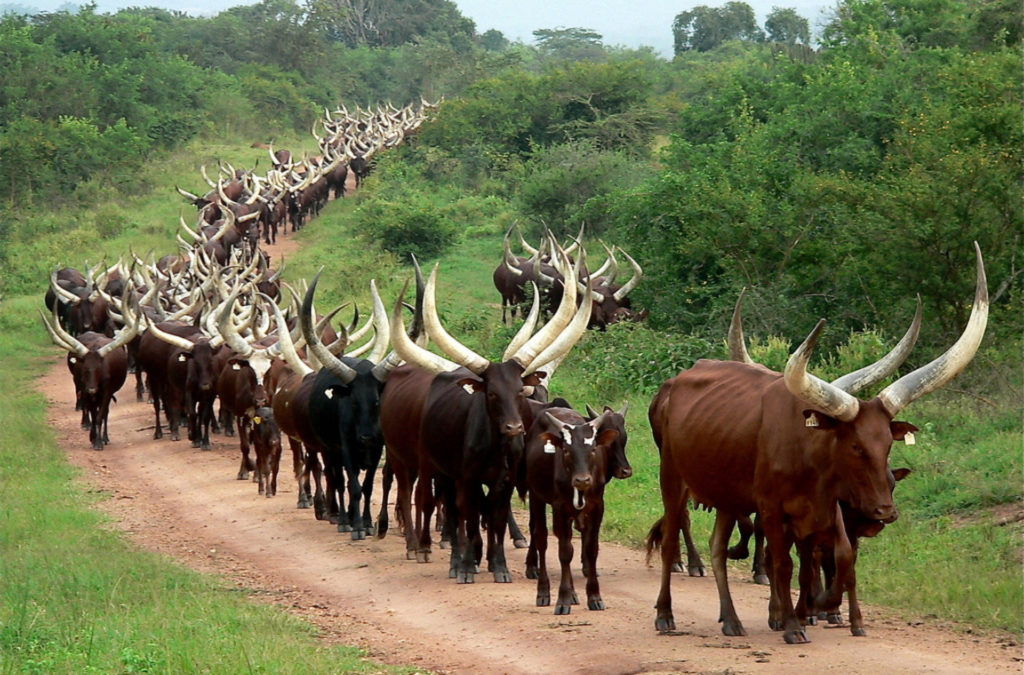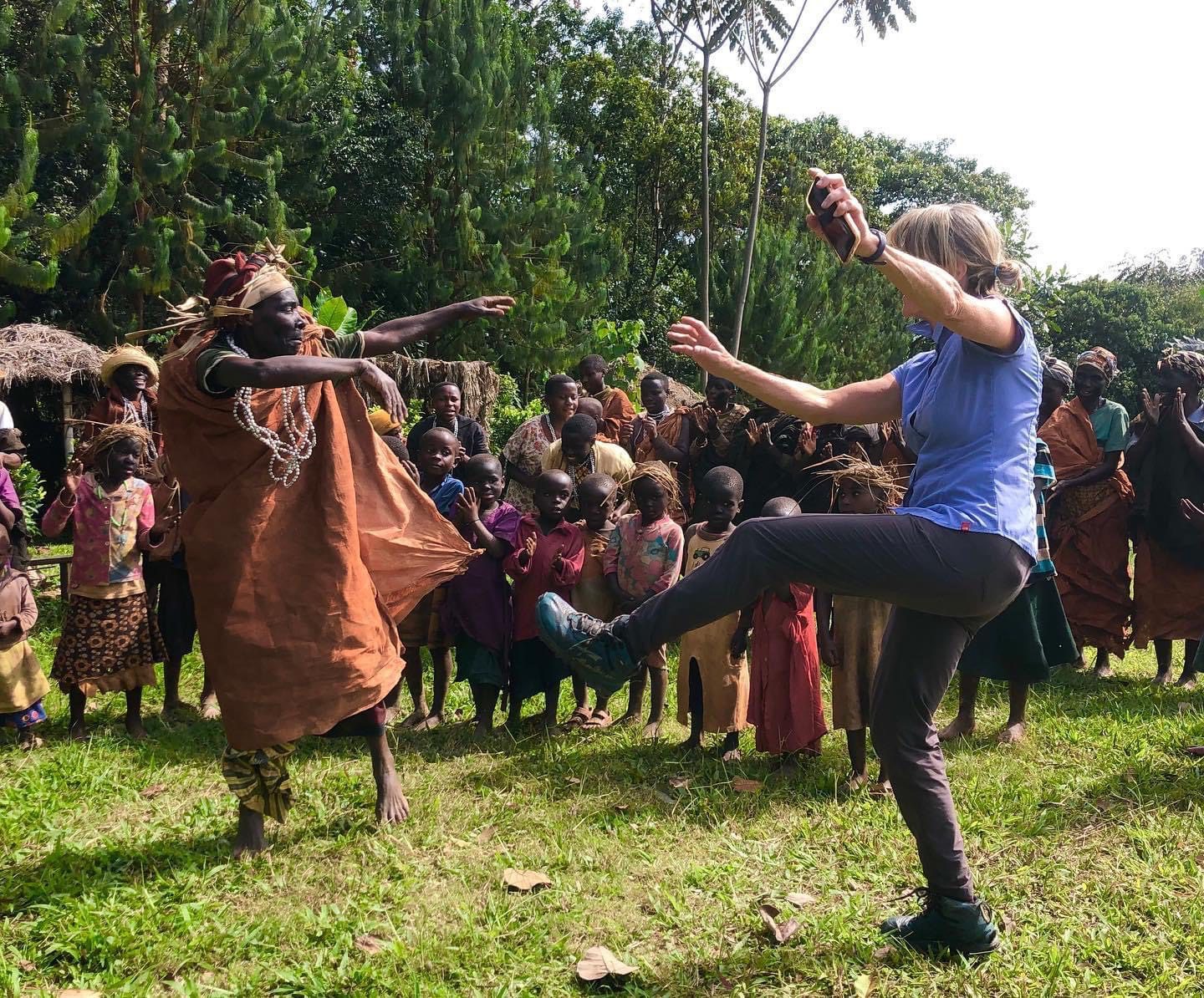
How to Be a Responsible Tourist in Uganda And Why It Matters
Uganda, the “Pearl of Africa,” is a land of profound beauty, from the mist-shrouded rainforests of Bwindi to the soaring peaks of the Rwenzori Mountains and the expansive savannas of Queen Elizabeth National Park. It is a nation teeming with incredible biodiversity, including the iconic Mountain Gorillas, and a rich tapestry of over 50 vibrant cultures.
However, this immense natural and cultural wealth is fragile. In an era of increasing global travel, the choices made by every tourist have a magnified impact. Responsible tourism in Uganda is not merely a suggestion; it is a vital commitment to ensuring that your unforgettable journey leaves a lasting, positive legacy, protecting the environment and empowering the people who call this magnificent place home.
Why Responsible Tourism is Non-Negotiable in Uganda
The stakes are particularly high in a country where poverty remains a significant challenge, and much of the flagship tourism is centred around critically endangered species.
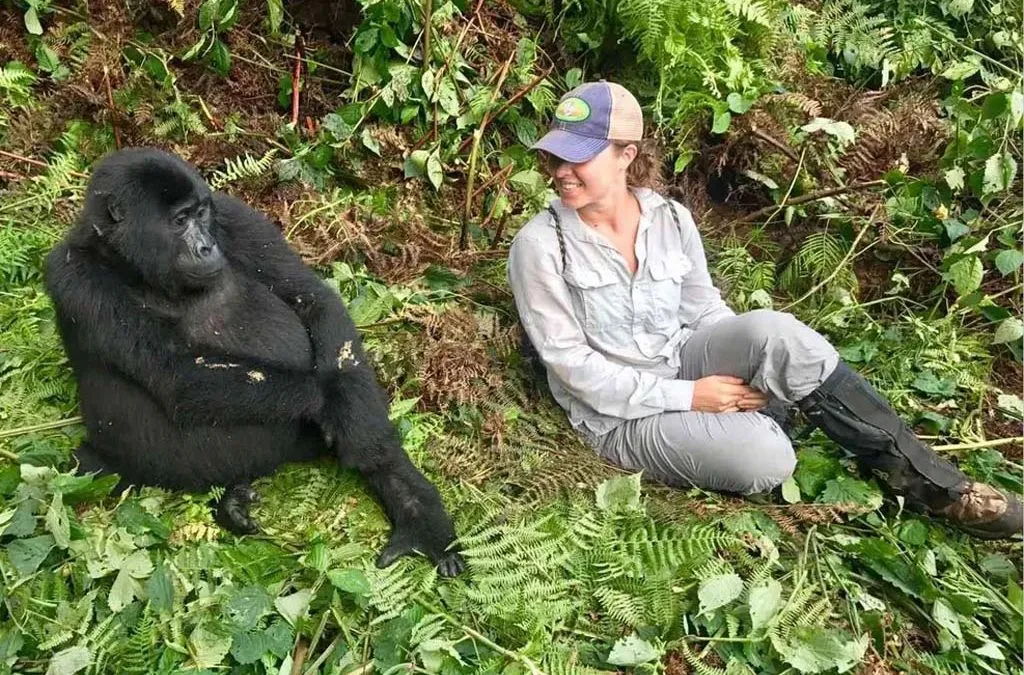
1. Conservation of Critically Endangered Wildlife
Uganda is one of only three countries where the Mountain Gorilla thrives. The revenue from gorilla trekking permits is the primary funding source for the strict protection and monitoring of these animals and their habitat. Without tourism dollars, the incentive and capacity for anti-poaching and habitat protection would be severely diminished. Your visit is a direct, financial investment in their survival.
2. Economic Empowerment, Not Exploitation
Traditional tourism often results in “leakage,” where profits bypass local communities and flow to foreign-owned corporations. Responsible travel, especially through Community-Based Tourism (CBT), ensures that money goes directly to local families, guides, porters, and entrepreneurs. This diversifies their income, reducing reliance on environmentally destructive practices like poaching or illegal logging.
3. Preservation of Cultural Integrity
Uganda’s cultural diversity is a key draw. Unregulated or disrespectful tourism can lead to the commodification and erosion of local customs. Responsible travellers engage with communities respectfully, learning about traditions like the Batwa culture on their own terms, fostering mutual respect rather than a transactional spectacle.
The Responsible Tourist’s Guide to Uganda
Being a responsible tourist involves conscious decisions across four key areas: Environmental Impact, Economic Contribution, Cultural Respect, and Ethical Engagement.
1. Minimise Your Environmental Footprint

The natural ecosystems are the very product you are travelling to enjoy; treating them with the utmost care is paramount.
- Go Plastic-Free: Uganda, like many developing nations, struggles with waste management. Carry a reusable water bottle and refill it at lodges. Many accommodations provide safe, filtered water. Decline single-use plastics whenever possible.
- Support Eco-Friendly Accommodations: Choose lodges and camps that actively practice sustainability. Look for places that use solar power, have responsible waste management programs, conserve water, and are built using local, sustainable materials.
- Follow Park Rules Religiously: During game drives and trekking:
- Stay on designated trails and roads to avoid habitat damage.
- Maintain a respectful, safe distance from wildlife and never, under any circumstances, feed animals.
- Never use a flash when photographing gorillas or chimpanzees; it can distress them.
- Manage Waste Responsibly: Never litter. Keep all rubbish, including cigarette ends, in your vehicle or bag until you can dispose of it in a designated bin.
2. Maximise Your Economic Impact
Ensure your money benefits the local economy directly and equitably.

- Book Local: Choose a locally-owned and operated safari company and local guides. This ensures that a larger percentage of your tour fee remains within Uganda, funding local wages and business growth.
- Support Community-Based Tourism (CBT): Seek out initiatives like:
- The Bigodi Wetland Sanctuary near Kibale: Managed by the local KAFRED organisation, its revenues fund schools and health clinics.
- Batwa Cultural Experience near Bwindi: Provides the Batwa community with a dignified income source and a means to preserve their traditions.
- Coffee Tours around Sipi Falls or Lake Bunyonyi: Buy the product directly from the farmers.
- Buy Local Crafts and Souvenirs: Purchase items directly from local artisans, craft cooperatives, or community markets. This supports their livelihood and provides you with an authentic, unique memento. Negotiating is part of the culture, but be fair and remember the value of the artisan’s time and skill.
- Tip Fairly: Tipping your guides, drivers, porters, and lodge staff is customary and a crucial part of their income. Your tour operator can provide recommended guidelines.
3. Practice Cultural and Ethical Respect
Respecting Uganda’s diverse social fabric is as important as protecting its nature.

- Ask Before You Photograph: Always ask permission before taking a photograph of any person. A simple, respectful request is an act of courtesy that goes a long way.
- Dress Modestly: In rural areas and when visiting religious or traditional sites, women should consider dressing modestly by covering their shoulders and knees. This is a sign of respect for local customs.
- Mindful Interactions:
- Learn a few basic phrases in Luganda or Swahili (e.g., Webale – Thank you, Jambo – Hello).
- Show respect to elders; in some cultures, a slight bow or two-handed handshake is a sign of deference.
- Avoid giving gifts, money, or sweets directly to children. This practice can encourage begging and undermine local family structures. If you wish to donate, channel your generosity through a reputable community project, school, or women’s group.
- Avoid ‘Orphanage Tourism’: Be highly cautious of any tour that focuses on visiting orphanages or schools, especially if you are not a trained professional. This can be exploitative and detrimental to a child’s well-being and sense of attachment. Support vetted, long-term development NGOs instead.
Conclusion: Leave a Legacy, Not Just a Footprint
Traveling responsibly in Uganda is an act of partnership. By choosing local, treading lightly, and engaging respectfully, you move beyond the role of a passive spectator. You become an active participant in conservation, a contributor to community development, and an ambassador for a more ethical, sustainable model of global exploration.
Your journey to the Pearl of Africa holds the power to be more than just a trip—it can be a meaningful investment in the future of one of the world’s most beautiful and culturally rich nations. Go, explore, and leave a legacy you can be proud of.
Planning to tour Uganda alone, as a couple or family – we would be more than delighted to offer you our services. Simply contact us now by sending an email to info@mumwesafarisuganda.com or call us now on +256-700135510 to speak with the reservations team.

